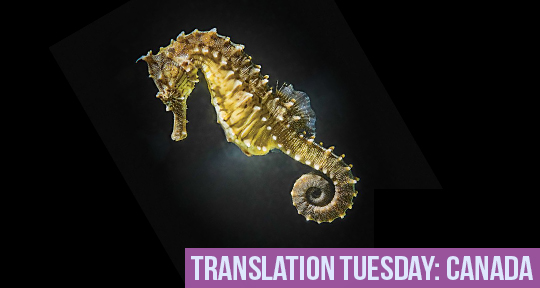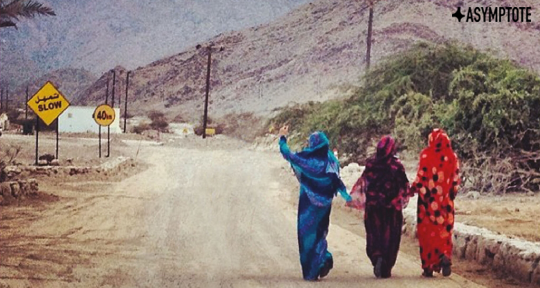These poems by Quebecois luminary Normand de Bellefeuille take the swelling rhythm of the sea as their guide. Translator Hilary Clark skillfully brings out the crash of waves beneath the verse, and this pulse of continuity is used to mirror the throbs of pain—and the bursts of poetry that spring from it. The tension between pain in life and the recording of pain is brought to the surface—a surface that is both the broil of the sea and the page, which covers and gives evidence to the drownedness of silence and the forgotten excesses of speech and sexuality that the poem can only trace. The impossibility of poetry to reify the body in pain is a hopeful one, though: as the poems give evidence of the subject, distilled, the inability to ever truly capture the depths of the body becomes the poem’s “inadmissibility.” The reader is tasked with trying to uncover the shining positive of that deficit.
7
There are other pains
even on the rivers
one thinks of Dante’s boat
or of the little crabs
in Ophelia’s hair
of the blind one’s swim
against the heavy wave
there are other pains
even under the sea
the seahorses’ grotesque gallop
the drowned women amorous
dead, still amorous
with breasts opened by the narrow teeth
of fat monkfish
for there are other pains
without screams, under the sea
one thinks of the children under the sea
lead at the ankles
mouth full of seaweed
anus full of seaweed
for there are also pains
that are unspeakable.







